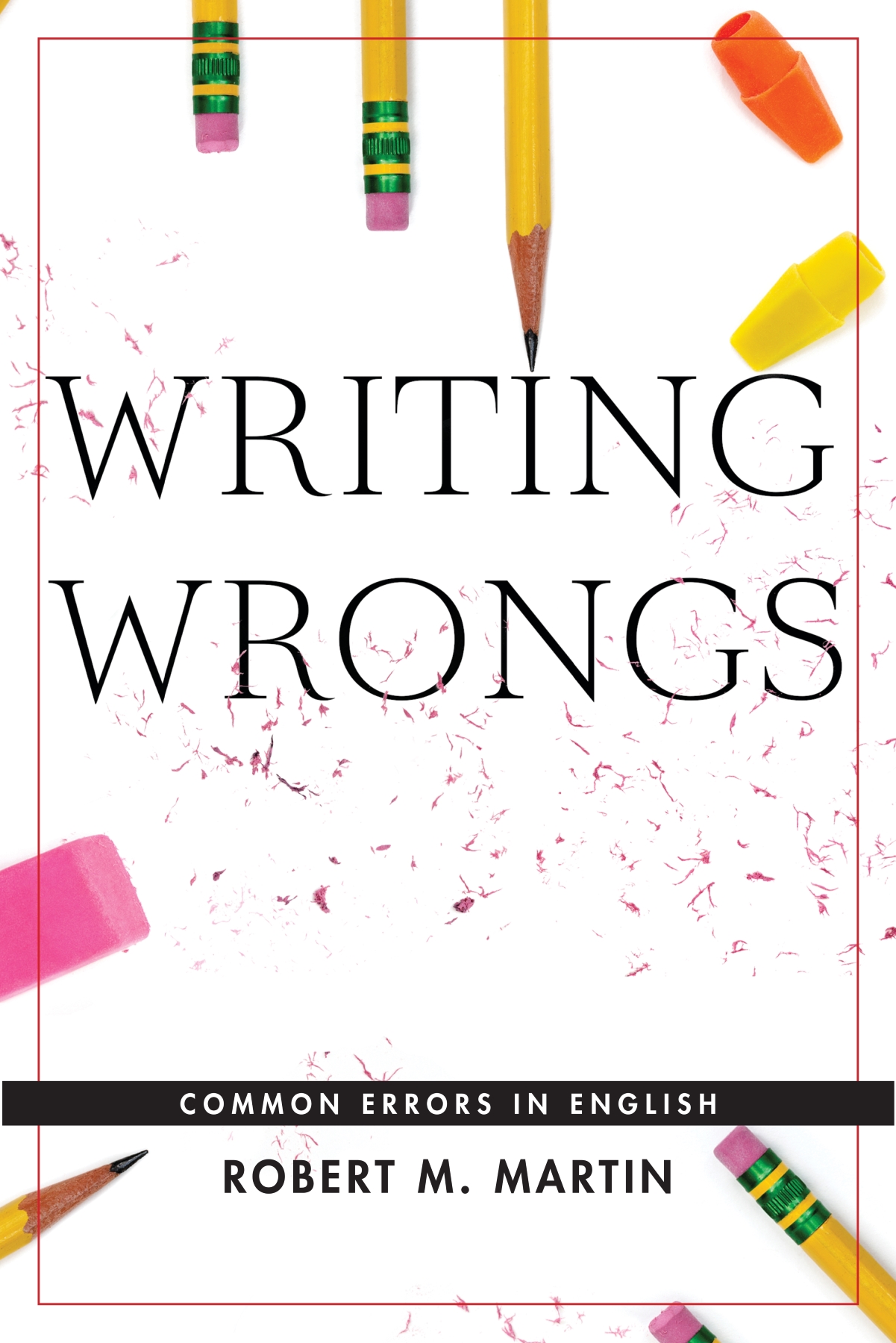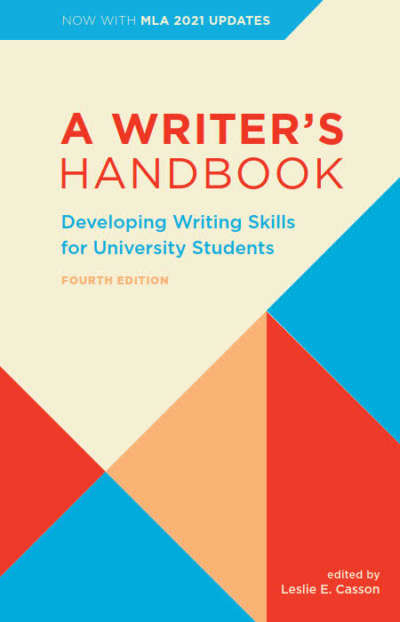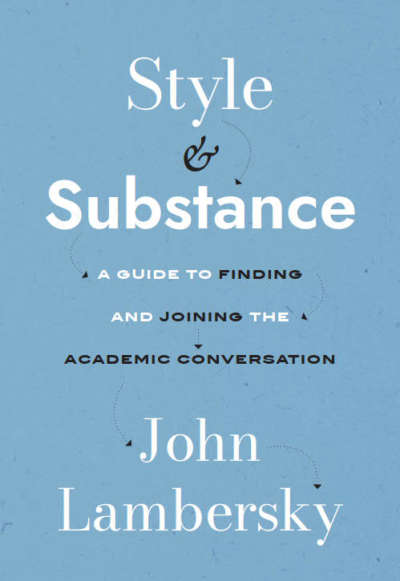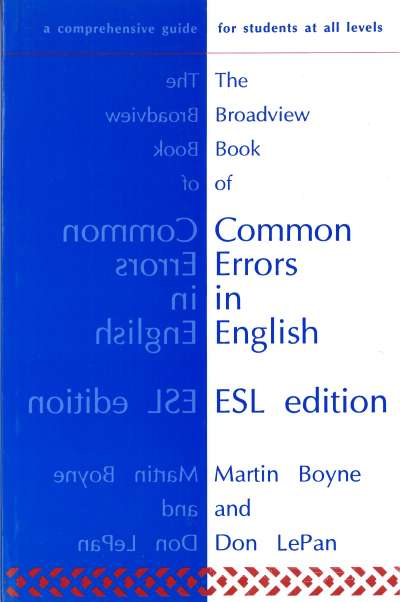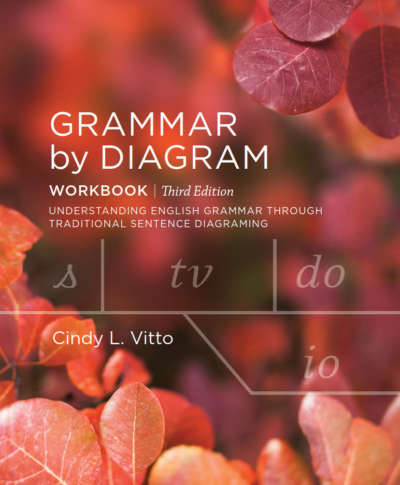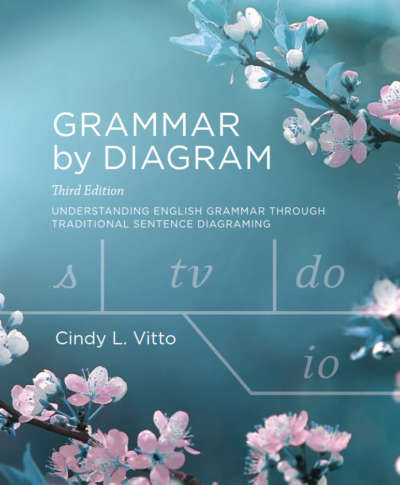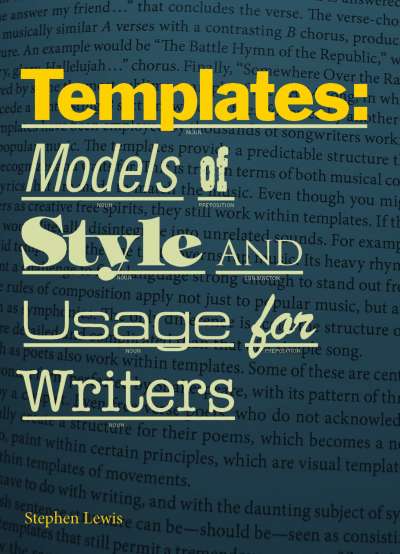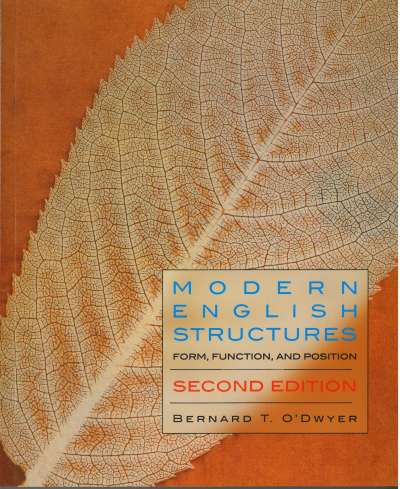Writing Wrongs is a concise and thoughtful guide to common errors in English. It covers frequently confused and misused words along with problems of grammar, punctuation, and style, and offers a brief and up-to-date guide to major citation styles. Though it provides guidelines and recommendations for usage, Writing Wrongs acknowledges the evolution of language over time and the fact that different contexts have different rules—it is not narrowly prescriptive. A friendly, flexible, and easy-to-read reference, Writing Wrongs will be useful to students and general readers alike.
Comments
“Finally, a book designed the way I teach. It doesn’t need to be taught page by page or chapter by chapter. You use what you need when you need it. Robert M. Martin uses clear examples to make points with a light conversational style and, at times, a hint of satire. Readers are not just given rules; they are given full explanations about how those rules have changed and are changing. That level of detail is unique. After all, sometimes you just need to know the rule; but sometimes you also need to know why.” — Kirk Layton, Mount Royal University
“Informative, refreshingly honest, and often genuinely humorous, Martin’s Writing Wrongs is a comprehensive guide to writing that will serve teachers and students of composition well. While Martin’s book covers many standard topics featured in most textbooks on this subject (grammar, the writing process, documentation), its strength derives from its focus on the less-discussed and trickier issue of the style of good prose, and from its open acknowledgement that ‘the rules’ of good writing are contingent on context and the subject of constant, ongoing negotiation. Eschewing dogma and embracing a conversational tone, Writing Wrongs manages to entertain while teaching its readers the ins and outs of a skill set with which many students—especially early-career undergraduates—routinely struggle.” — Morgan Rooney, Carleton University

